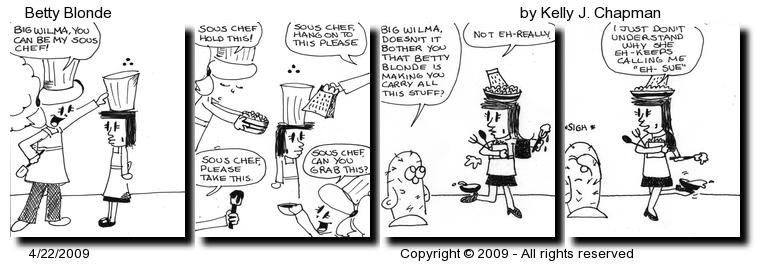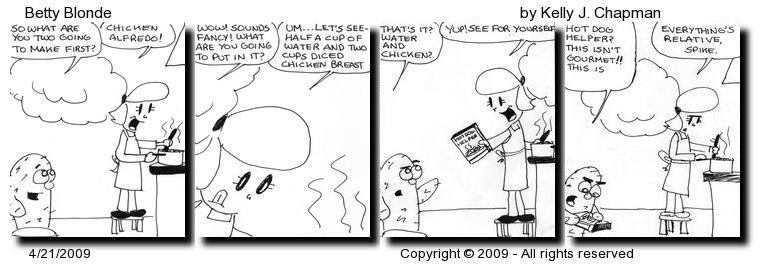This post is part of a narrative history of our homeschool. It is about why we chose to homeschool, what we did and how we did it. It is about our failures and frustrations as well as our successes. The plan is to make an honest accounting of it all for the benefit of ourselves and others. This is a work in progress which was started in late October 2014 after the kids had already skipped most or all of high school, Christian had earned a Bachelor’s degree in Mathematics (Summa Cum Laude), Kelly had earned a Bachelors degree in Statistics (Magna Cum Laude) and they were ensconced in funded PhD programs on the West Coast. I add to the narrative as I have time.
I described how Kelly learned to read at age four without a lot of planning on our part in the last chapter. We actually worked hard at a lot of things that helped her get there like memorization, phonics games, making interesting books available to her and reading aloud, but it was not part of some greater plan. Christian is 15 months younger than Kelly. When we saw what worked with Kelly, we just thought we would do the same thing with Christian, but with a lot more planning and organization. We did exactly that and it did not work.
We continued to read aloud to Christian. He loved it. We played the same phonics games that Kelly played when she learned to read and with equal success. We did lots of memorization. We ran our fingers under the words of “easy reader” books as we read them. Christian got great joy out of it all, but did not make the leap to reading. A few months after he turned four, we decided we needed to change our plan. We kept doing what we were doing (with little or no reading progress, but Christian loved it) while I investigated other reading programs.
About that time, we sent Kelly to a local kindergarten that used the Spalding method so we tried that with Christian. We quit after a couple of weeks because it completely killed the joy of reading for both us and for Christian. I continued to read as much as I could on the subject and continued to try things for the next several months, but nothing really clicked. At the end of Kelly’s kindergarten school year, we moved into a new house in another town so a couple of more months went by without a whole lot of concentrated effort. Then, literally just seven weeks before Christian’s fifth birthday, we were looking at books in a Christian bookstore in Beaverton that had a large homeschool section and I found a series of books titled Explode the Code.
Explode the Code looked like something Christian might like to do. It consisted of a series of workbooks that systematically taught children phonics and built their vocabulary. I liked the books. I was pretty sure Christian would like the books, too, especially if I sat with him and did them. I was very much less confident the work he did in the books would lead to his ability to read. I was completely wrong.
While we were at the store we went through several of the books to find the right level with which to start. I think we started with Explode the Code 3–Reader Rabbit had at least gotten him that far. So that night and virtually every night for the next five weeks, Christian and I sat down on the carpet for fifteen minutes while I watched him do Explode the Code exercises. We actually used the oven timer so that we would do exactly fifteen minutes. We made it through about book 8 and Christian was a reader. We replaced Explode the Code with “easy reader” books and moved on up to Junie B. Jones within less than a month.
Do we think Explode the Code was the system/program/method that actually taught Christian to read? Well, kind of–it is a great program that we highly recommend. In reflecting on it, though, we think his learning to read had more to do with a couple of other things. The first and most important thing was the timing. Christian saw Kelly read and get all kinds of praise, even from her kindergarten teachers, for her ability to read so well. As Kelly got better at “reading in her mind” she was less willing to read aloud to Christian so he no longer had as much access to the books he loved, especially Calvin and Hobbes. He also saw that it was important to Lorena and I that he learn to read. We spent lots of time on it and had great joy when he read well.
I might not be precisely right when I say that Christian learned to read in a different way than Kelly. Timing probably had more to do with it than method. Both of the kids learned to read when it became important enough to them to make the effort.
Betty Blonde #202 – 04/24/2009
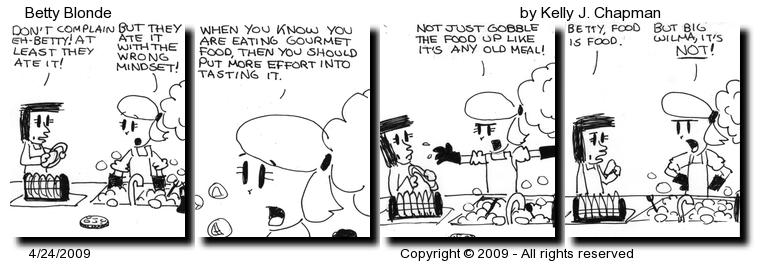
Click here or on the image to see full size strip.

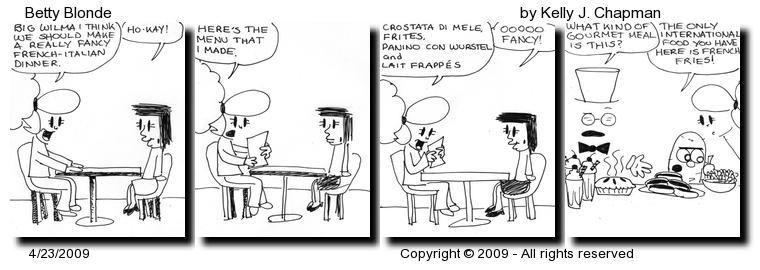
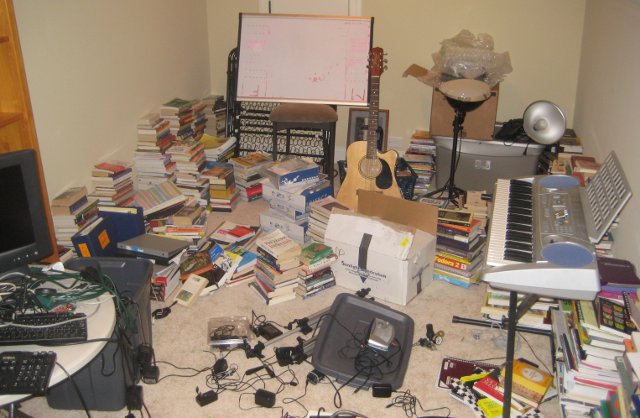 There are a fairly large number of studies that show that the greater the access to books in a home the greater the academic advantage of the children who live there.1 This is another one of those things for which we would like to take credit but cannot. Both Lorena and I grew up in households with no television, no computer games and no video-game consoles. The only alternative was books, so even when our budget was tight, books were high on our list. We decided when we got married we decided we wanted the children to benefit from the both the lack of television and an abundance of books.
There are a fairly large number of studies that show that the greater the access to books in a home the greater the academic advantage of the children who live there.1 This is another one of those things for which we would like to take credit but cannot. Both Lorena and I grew up in households with no television, no computer games and no video-game consoles. The only alternative was books, so even when our budget was tight, books were high on our list. We decided when we got married we decided we wanted the children to benefit from the both the lack of television and an abundance of books.